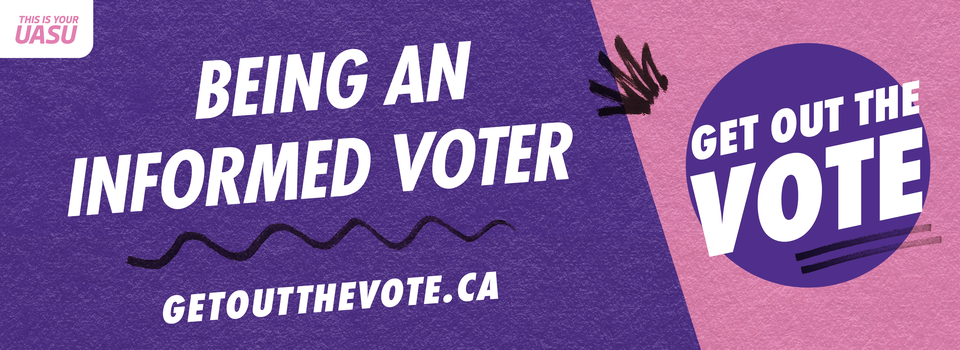Canada is voting for its new government on April 28, 2025! Before you head to the polls, it’s a good idea to know what the candidates vying for your support are planning to do if they are elected to represent you.
Learn the candidates running in your riding
To run for a seat in the Federal Election, candidates must register with Elections Canada, so that they will appear on the ballot. Candidates running to be Members of Parliament (MPs) can be registered with a political party, or they can run independently. Parties will usually list their candidates on their party websites, including the candidates’ names and the ridings they are running in. If you just want a simple list of the candidates running in your riding, you can find them using Elections Canada’s Voter Information Service.
Once you know who is running in your constituency, it’s time to learn more about who they are! Things to consider when you are learning about the people running for office:
- Whether they have held the position (or other elected offices) before, and what you think of their actions and work in that role;
- The values and goals of the party they are affiliated with, if at all;
- What is included in their platform, or promises to constituents if they are elected.
Remember to read critically
When it comes to finding reliable information about candidates, parties, and policies or issues that can be affected by the federal government, it’s key to ensure that your sources are credible and reliable. Just like when you research for papers and projects, use critical thinking skills when you are looking for information about candidates.
- Put a query into a search engine (like Google) to find more contextual information.
- Read more than just headlines; even skimming an article is more useful than only reading headlines.
- Fact-check information you learn from social media before sharing it with others.
- Try to find corroborated information from multiple sources, such as different news agencies, to inform your opinions.
- Be wary of AI-generated summaries.
For information on where, how, and when to vote, always trust Elections Canada. Elections Canada is a nonpartisan, independent agency of Parliament tasked with administering electoral events (ie. elections).
Watch a debate
While in Canada, the Prime Minister is not elected directly by the voters, it can still be informative to know more about the leaders of the major political parties in order to make an informed decision. (Remember, the leader of the party whose candidates win the most seats becomes the PM!)
During a federal election, the Leaders’ Debate Commission hosts two official debates: one in English and one in French, the official languages of Canada. Debates are important to democracy, because they offer voters an opportunity “to learn about the leaders' policy positions and party platforms and shed light on their character.”
Your UASU is hosting a Debate Watch Party at Dewey’s for the English-language debate this year on April 17. The Debate begins at 5 PM Mountain Time (7 PM EST), and capacity at Dewey’s is limited–so if you’d like to join, make sure you’re there ahead of time!
Try out the CBC’s Voter Compass tool!
There is a lot of information and plenty of issues that will be affected by the outcome of the election, and which party or parties will form government after voting ends. For a quick starting point to your reading about candidates and parties, try out a voter compass tool like the CBC’s Vote Compass.
This tool works kind of like a personality quiz, and asks you about some of the major issues that political parties have touched on in their campaigns and platforms. Then it will show you a graph that aligns your values (based on your answers) in comparison to the values and goals of major parties.
Preparing to vote is about more than just making sure you’re registered to vote and finding a polling station (but that’s important too, we’ll have a post about it next week!). We hope this guide helps you find reliable information about the folks who want to represent your interests in Parliament so you can vote with confidence on or before April 28!


